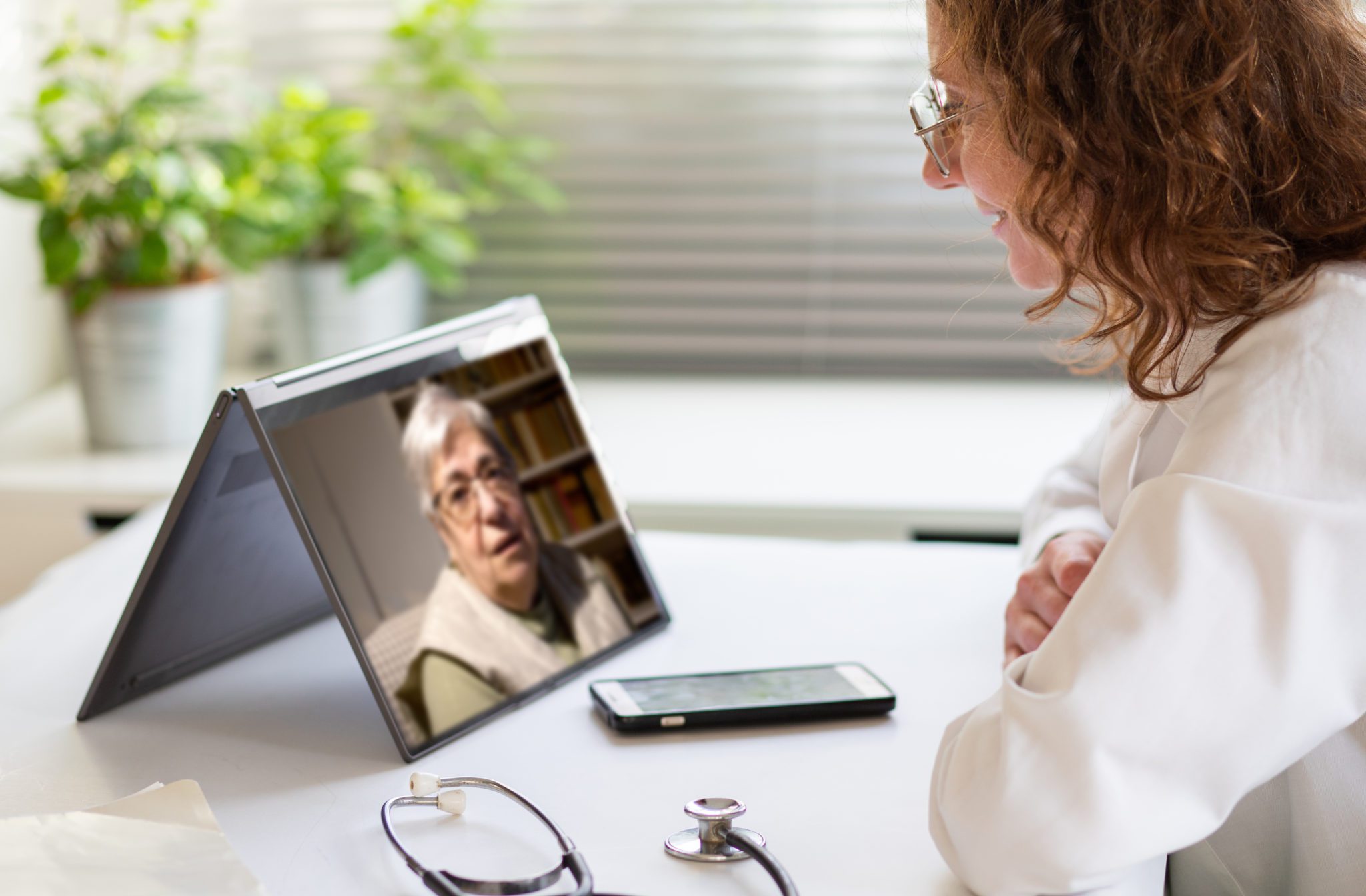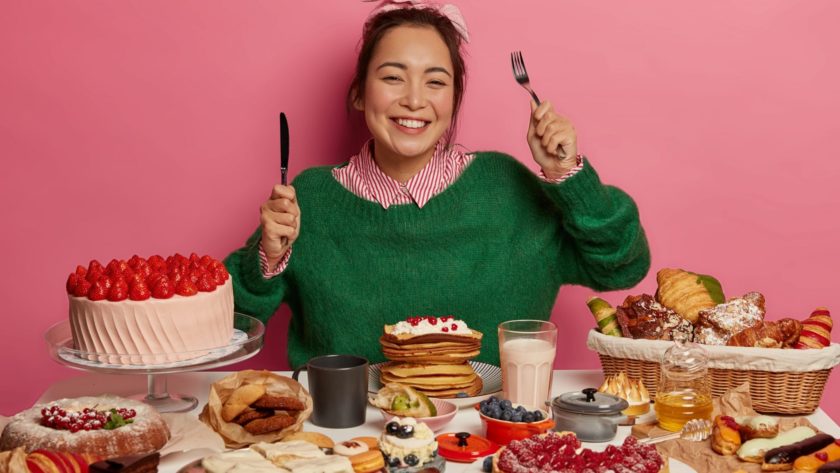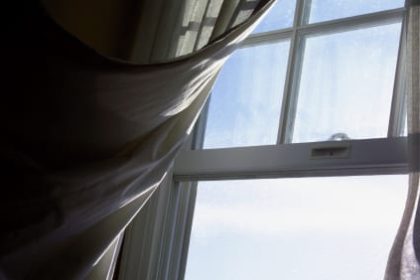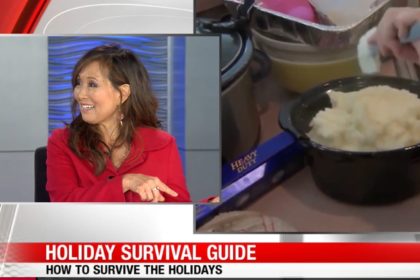For the past few months, the pandemic has been challenging and has created a departure from our normal routines.
Due to being stuck at home, working remotely from home, and being out of work, new lifestyle habits have emerged — both healthy and harmful.
Here are the good (and bad) habits that have been picked up during the pandemic.
The Good and Bad Coronavirus Habits
BAD HABIT #1: Eating mindlessly and “procrastibaking”.
- When anxious or stressed, it’s not uncommon to reactively seek “comfort foods”. Generally, comfort foods aren’t healthy, but high in fat, sugar, and/or refined starches.
- The food may produce some relief at first, but the effect doesn’t last long. After a couple minutes, the emotional eater needs more comfort food to feel comforted and thus, continues to eat beyond being physically full.
- These types of foods wreak havoc on immune function, so during a pandemic, resorting to comfort food can have lasting negative health effects.
- “Procrastibaking” is a response to distress (usually work-related) and a form of satisfying a need for comfort through ‘comfort food’. It is defined as the practice of baking something completely unnecessary, with the intention of avoiding ‘real’ work.
- Procrastibaking is an unconscious strategy to feel skilled and nurturing while being distracted from present-day working conditions.
- Baking desserts is not on the list of necessities during a crisis and can be a contributor to the “Quarantine 15”.

BAD HABIT #2: Being unproductive from a total lack of structure.
- A routine that has no structure can be disruptive. Without a schedule, it’s easy to miss meals, snack all day long, and forget to take medications — all of which affect overall wellness.
- Staying at home may be enjoyed and relished by some especially if used to commuting long hours, but for others, it can be unsettling to be sheltered in place.
- For some, structure is necessary to be productive; without it, it can result in aimlessly and haphazardly going through the day and accomplishing little.
- Without a rigorous schedule to follow, more time may be spent watching TV, being on social media, and/or playing video games — all of which contribute to being less productive. It may also mean staying up late and getting less sound sleep.
“It is easier to prevent bad habits than to break them.” ~ Benjamin Franklin
GOOD HABIT #1: Seeking medical care.
- Pre-COVID-19, it was often difficult for patients to talk to their doctors over the phone, but the expanded use of telemedicine now allows patients to get 20 to 30 minutes of undivided attention from their doctor.
- Telehealth saves time for both physician and patient. The doctor can “see” more patients, and patients don’t have to travel and can avoid long waits in the waiting room.
- Healthcare is more efficient and reduces risk of picking up other illnesses that may occur with an in-person visit.

GOOD HABIT #2: Embracing technology.
- Less social isolation and more critical thinking and interaction, thus a lower risk of depression and dementia.
Older adults have been encouraged to break through the tech fears and use tools like Zoom and Skype (which can also close the long-distance gap).
- Older adults are Zooming with friends and family; engaging in virtual activities with friends (e.g., book club, online Mahjong); playing cards, Bingo, Pictionary, or Charades with their grandchildren.
- A 2018 study in JAMA Psychiatry of over 15,000 older adults found a lower risk of dementia when the subjects participated in daily intellectual activities like card games.
- A March 2020 study in Frontiers in Neurology found adults over 65 showed improvements in executive function when they played mahjong 3 times per week for a year.
GOOD HABIT #3: Eating a little better.
- Cooking more: A survey of over 1,000 people found that 54% of Americans have been cooking more.
According to a January 2020 study published in Public Health Nutrition, more frequent cooking at home is associated with better diet quality overall and among both lower- and higher-income adults; and that better diet quality is stronger among high-income adults.
- Wasting less: The survey also found that during the pandemic:
- 57% of Americans said they were throwing away less food.
- 60% reported being more resourceful by searching for recipes that would use the ingredients they had at home.
Additional perks…
Cooking at home can be less expensive, relaxing, a family activity, and a learning activity for children
GOOD HABIT #4: Adopting infection-control habits.
Thanks to the pandemic, the following infection-control habits have been taught and emphasized:
- Washing hands properly and frequently.
- Avoiding sick people.
- Keeping tissues handy (and disposing of them immediately after coughing or sneezing in them).
- Wearing a mask to prevent spread of illness.
- Disinfecting high-touch surfaces daily (e.g., countertops and doorknobs).
![]() Karen’s Fit Tip: Habits emerge because the brain is constantly looking for ways to save effort. Once formed, habits cannot be extinguished. The brain can’t tell if a habit is good or bad, so be aware of your behaviors.
Karen’s Fit Tip: Habits emerge because the brain is constantly looking for ways to save effort. Once formed, habits cannot be extinguished. The brain can’t tell if a habit is good or bad, so be aware of your behaviors.




